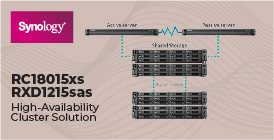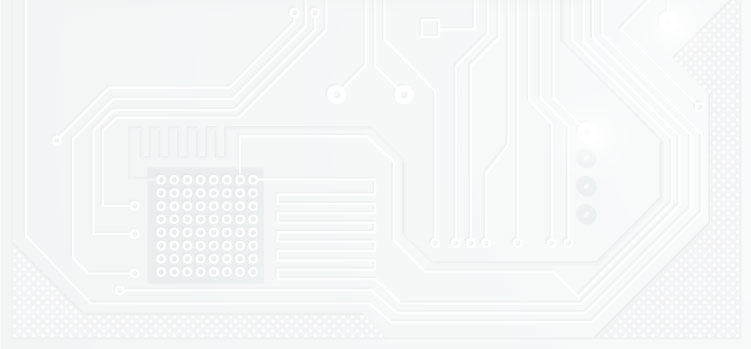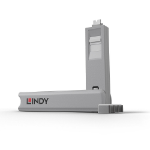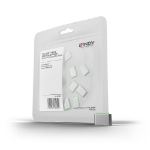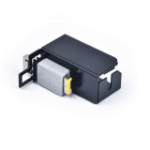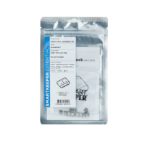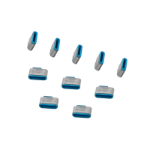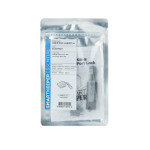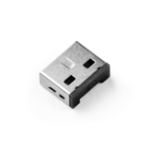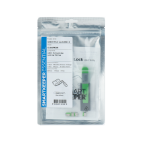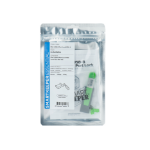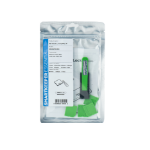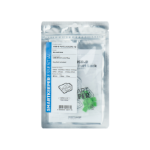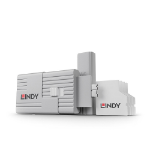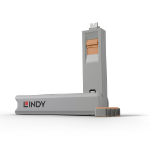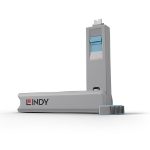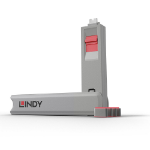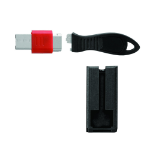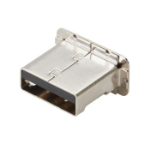Take a frontline approach to security
Software tools and systems have the ability to enable and disable USB ports on domain-controlled computers, but human error — and tenacious bad actors trying to bypass software defenses — leave systems vulnerable to attacks. Port blockers take a frontline approach to cybersecurity by preventing unauthorized personnel from connecting harmful thumb drives or other USB peripherals to an unused port*. These physical blockers halt peripherals from being inserted and extracting sensitive, classified data or infecting restricted devices with malware.
Exposed USB ports present an ever-present threat for data theft and malware injection. While software tools and systems exist to enable/disable USB ports on domaincontrolled computers, human error, and the tenacity of a bad actor to bypass software defenses cannot guarantee complete protection
The Belkin USB blocker is designed to operate as a permanent, physical blocker for unneeded USB ports. Once inserted, these blockers cannot be removed without causing permanent damage to the computer and the USB port, making these blockers ideal for protecting high value computer assets and sensitive data from exfiltration and insider threats.
With unneeded USB ports blocked, a keyboard and mouse may still be needed with the protected computer. The Belkin HID filter is designed to be NIAP Protection Profile 4.0 compliant as a USB module and serves to eliminate sophisticated attacks while allowing HID keyboards and mice to connect and operate. Using optical data diodes, the data flow is restricted to one direction, preventing the ability to copy sensitive data from the computer or server. USB emulation logic emulates keyboard keystrokes, preventing malware from being injected into the protected asset. Like the USB blockers, the Belkin HID filter uses a permanent USB Type-A connector that cannot be removed from the device without damaging the computer and the USB port.







